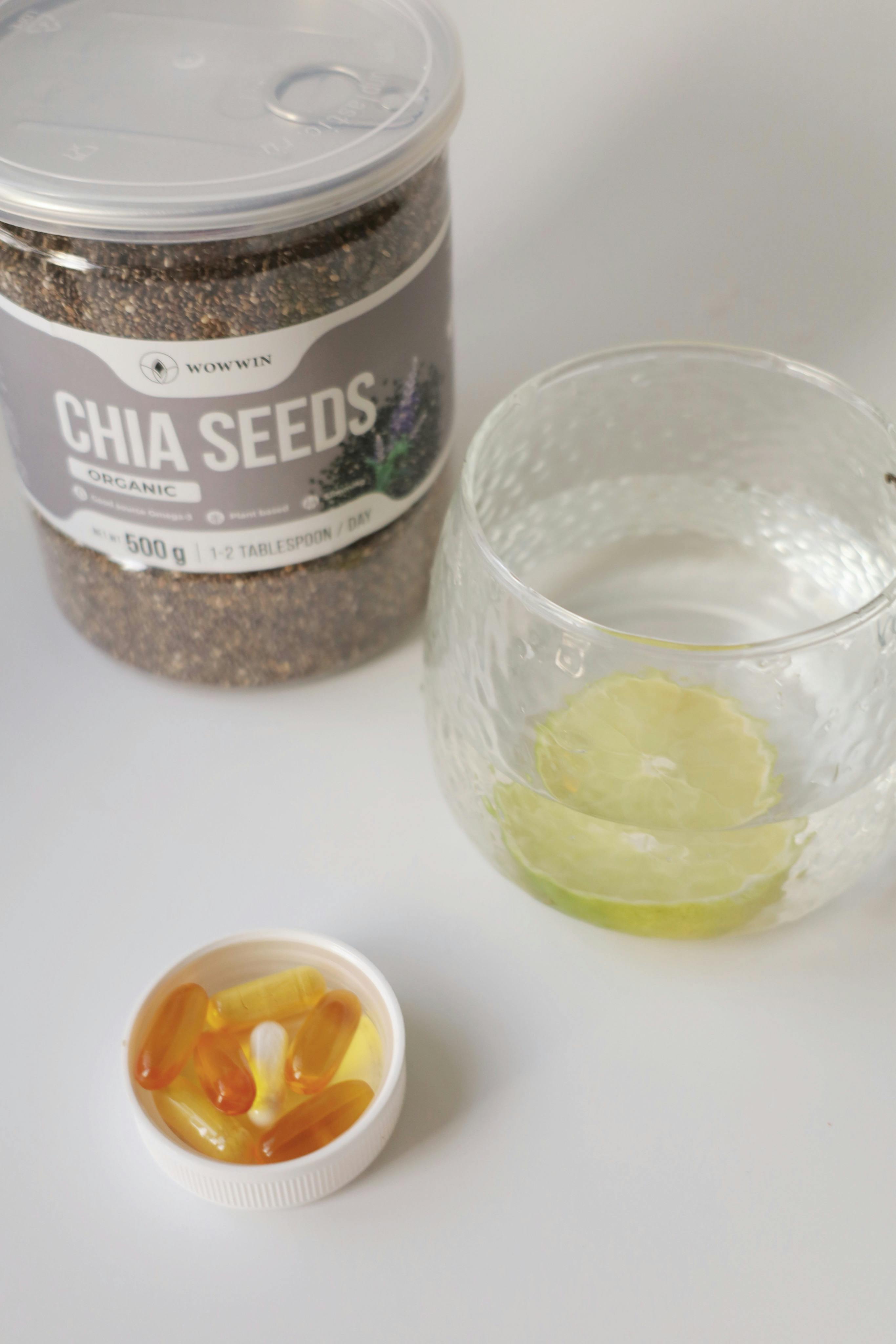
Apply Now


Understanding the Differences Between Coke Zero and Diet Coke
Coke Zero and Diet Coke stand as two popular low-calorie alternatives to regular Coca-Cola, catering to diverse consumer preferences while offering their unique flavors and formulations. The choice between these two beverages often comes down to taste, health considerations, and branding impacts that align with various consumer habits. This article will explore the distinct taste profiles, ingredients, and marketing strategies of each product, helping you understand their differences and guiding you toward informed beverage choices. One of the primary distinctions between Coke Zero and Diet Coke lies in their taste. With varying flavor profiles, these drinks can significantly influence your refreshment experience. Additionally, both beverages offer low-calorie options that contribute to a health-conscious lifestyle while still appealing to soda lovers. Let’s delve deeper into the specifics that set Coke Zero and Diet Coke apart, focusing on taste comparison, ingredients, and their respective appeal in the beverage market.Comparing Taste: Coke Zero vs. Diet Coke
Coke Zero's Flavor Profile
Coke Zero is engineered to replicate the classic Coca-Cola taste, aiming for a flavor profile that closely resembles the original sugary formula. This alignment with traditional Coke is a fundamental aspect of Coke Zero, making it a favorite among those seeking a similar experience without the calories. Many consumers have described Coke Zero as tasting 'closer to the real thing' compared to its competitors, which helps to explain its popularity among cola enthusiasts.Diet Coke's Unique Taste
In contrast, Diet Coke offers a lighter and crisper taste characterized by its distinct flavor profile. This difference, attributed to the formulation using primarily aspartame, sets it apart significantly from classic Coca-Cola and Coke Zero. While some may enjoy Diet Coke’s boldness, others find it less appealing than Coke Zero due to its divergence from the familiar Cola taste. This variety represents an essential option for those who wish to explore different taste experiences within the soda category.Consumer Taste Testing and Preferences
Taste testing serves as a primary method for consumers to evaluate Coke Zero and Diet Coke. Many soda drinkers report that individual preferences are subjective, leading to varying opinions on which beverage comes out on top. Factors such as sweetness levels, carbonation, and aftertaste play crucial roles in shaping consumer perceptions. Consequently, taste satisfaction often emerges as a substantial consideration when selecting between these two options.An Analysis of Ingredients: What’s Inside Each Can?
Coke Zero’s Sweeteners and Flavor Enhancement
The ingredient list for Coke Zero includes a combination of sweeteners, primarily aspartame and acesulfame potassium. This blend is designed to deliver a sweetness level nearly indistinguishable from that of sugary Coca-Cola, contributing to its appealing taste profile. Moreover, the careful balance of these sweeteners highlights Coke Zero’s position as a go-to choice for calorie-conscious consumers who still crave traditional soda flavors.Ingredients in Diet Coke and Their Effects
On the other side, Diet Coke mainly employs aspartame for its sweetness, resulting in a flavor that can be described as lighter and less sugary than Coke Zero. This ingredient choice highlights Diet Coke's unique branding as a healthier, lifestyle-oriented beverage. However, discerning consumers often seek to understand how these ingredients impact their dietary choices, reflecting a growing health awareness among soda drinkers.The Importance of Ingredient Transparency
The rise of health-conscious individuals emphasizes the need for transparency in beverage formulation. Both Coke Zero and Diet Coke provide detailed ingredient information on their labels, allowing consumers to make informed decisions based on their nutritional preferences. Enhancing awareness around sweetener types and their effects supports a healthier beverage consumption pattern and a deeper understanding of product ingredients.Branding Strategies: Marketing Insights
Coke Zero’s Youthful Market Positioning
Coke Zero has aggressively marketed itself towards a younger demographic, rebranding its image to align with modern consumer preferences. This approach emphasizes the beverage’s taste similarity to classic Coca-Cola, creating an allure for new generations of soda lovers. Marketing campaigns play a vital role in attracting consumers who not only appreciate the taste but also relate to the brand persona aligned with their lifestyle choices.The Lifestyle-oriented Appeal of Diet Coke
Conversely, Diet Coke has positioned itself as more than just a beverage; it is marketed as part of a lifestyle choice that resonates with health-conscious consumers. Its branding strategies often highlight themes of fitness, wellness, and balanced living, appealing to individuals looking for healthier alternatives in their diet. This emphasis on lifestyle over straight taste results in a dedicated following for Diet Coke among those prioritizing mindful consumption.Consumer Perception and Brand Loyalty
Brand perception significantly affects consumer loyalty, with many individuals feeling a strong connection to their preferred beverage. The investment in branding differentials between Coke Zero and Diet Coke fosters distinct consumer bases, contributing to their success in a saturated market. Understanding these strategic approaches reveals how branding can shift consumer preferences, facilitating a more profound engagement with each product.Nutritional Facts: Calories and Caffeine Content
Coke Zero's Caloric and Caffeine Values
From a nutritional standpoint, both Coke Zero and Diet Coke present appealing low-calorie options compared to traditional Coca-Cola. Coke Zero typically offers zero calories along with a caffeine content comparable to that of regular Coke, making it an attractive choice for calorie-conscious cola enthusiasts.Diet Coke's Caloric Content and Nutritional Insights
Similarly, Diet Coke is also marketed as a zero-calorie beverage, yet some consumers may express concern over its caffeine levels. With each can delivering a significant caffeine boost without calories, Diet Coke effectively meets the needs of those seeking soft drinks without the sugar content. Understanding these nutritional facts is crucial in evaluating which beverage aligns best with individual health considerations.Comparing Caloric Intake in Soft Drinks
Monitoring caloric intake from beverages is essential for maintaining a balanced diet, especially for individuals pursuing weight loss or health-focused lifestyles. With both Coke Zero and Diet Coke classified as calorie-free choices, they emerge as leading soda options for those mindful of their calorie consumption.Conclusion: Making an Informed Beverage Choice
Both Coke Zero and Diet Coke present viable options for consumers seeking low-calorie alternatives to traditional Coca-Cola. With distinct taste profiles, formulations, and branding strategies, each beverage appeals to different segments of the market. As consumers navigate their beverage preferences, understanding the differences between these colas can empower better choices that align with their taste desires and health goals. Through careful consideration of taste, ingredients, and branding, individuals can select a beverage that suits their lifestyle preferences. Whether opting for the classic flavor amalgamation of Coke Zero or the lifestyle-centric Diet Coke, both drinks contribute to the expansive offerings in the world of low-calorie sodas, delivering refreshment without compromising on enjoyment.
